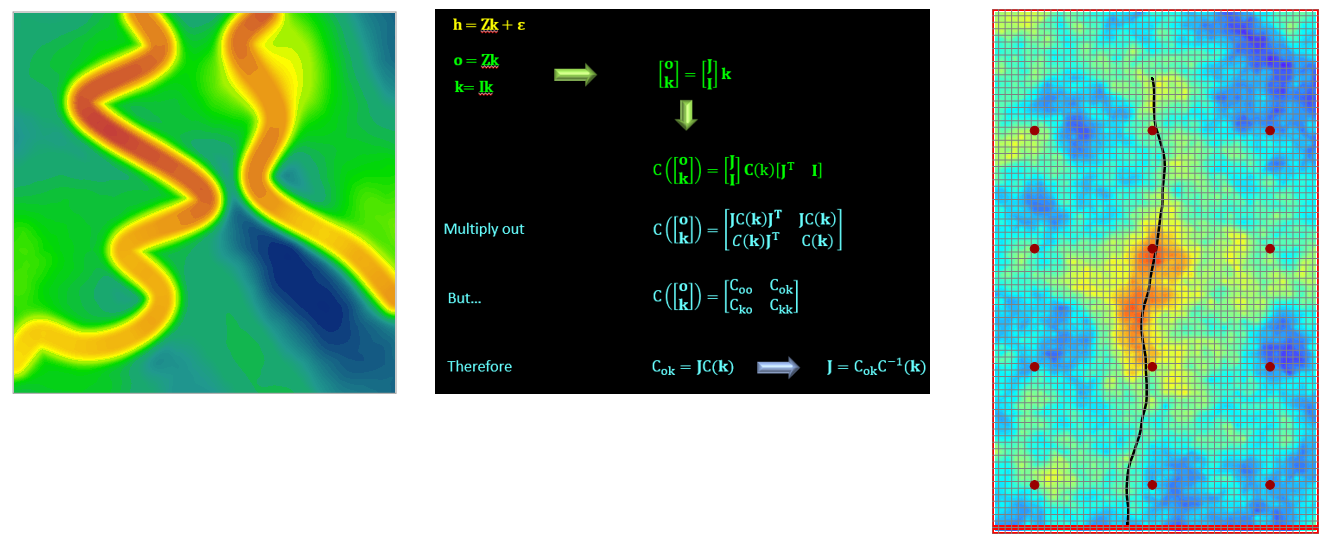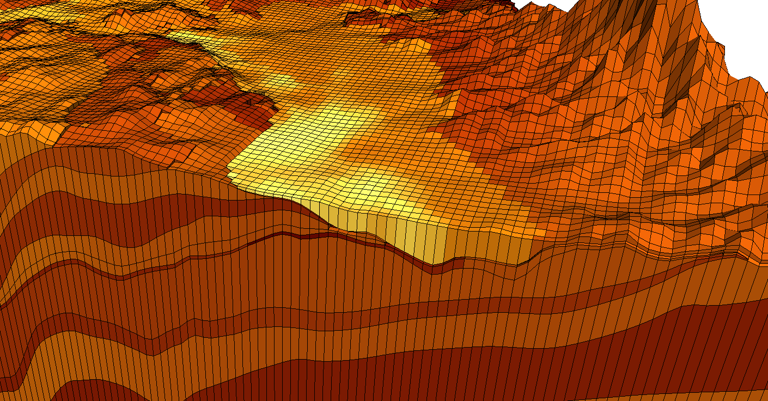PEST courses are offered a few times each year in different parts of the world. Contact us if you are interested in attending, or even hosting, a PEST course. This page summarizes its contents.
General
Generally, a PEST course is comprised of lectures, workshops and discussions. A comprehensive, hands-on tutorial is undertaken by all course participants. Some of this tutorial is completed during each day of the course. This tutorial complements material that is discussed in lectures.
Some courses run for four days while some run for five days. This document outlines the contents of a five day course. A four day course covers the same material but in a shorter time. Some of the time that is allocated for discussion is reduced in a four-day course.
All course participants are provided with a USB stick containing (among other things):
- copies of all slides
- latest copies of PEST and associated utilities
- other workshops and tutorials
- the PEST book
- other reading material (for example journal articles).

Day 1
- Decision-support modelling as inquiry
- The importance of data
- Modelling and the scientific method
- Short revision of linear algebra concepts
- Short revision of statistical concepts
- Spatial correlation
- The need for simulator partner software
- Non-intrusive interface with a model
- Model run parallelization
- Parameter nonuniqueness and the null space
- Calibration and regularization: concepts
- Manual regularization
- Accommodating model nonlinearities in parameter estimation
Day 2
- File types used by PEST
- The “model sandwich”
- Communicating with MODFLOW and other models
- Covariance matrices
- Singular value decomposition
- Super-parameters and SVD-assist
- Tikhonov regularization
- Measurement and regularization objective functions
- Prevention of over-fitting
- Pilot points as a parameterization device
- Innovative formulation of an inverse problem
- Parameter identifiability
- The resolution matrix
Day 3
- Structural overlay parameters
- Finite difference derivatives
- Defense against model numerical problems
- Multi-component objective functions
- Observation weighting
- Observation pre/postprocessing
- Introduction to uncertainty analysis
- Some basic geostatistics
- Nonstationary geostatistics
- Non-Gaussian geostatistics
- Generation of stochastic parameter fields (stationary and nonstationary)
- Bayes equation
- Linear parameter and predictive uncertainty analysis
- Calibration-controlled prediction maximization/minimization
Day 4
- Randomness while respecting history-matching constraints
- Pseudo-linear methods
- Iterative ensemble smoother: theory and practice
- Strengths and weaknesses of ensembles
- Hyperparameters and spatial parameters
- Data space inversion: theory, practice and options
Day 5
- Ensemble space inversion
- Principles of optimization under uncertainty
- Optimization under uncertainty using DSIVC
- Model conceptual defects and parameter compensation
- Direct predictive hypothesis-testing
- Appropriateness of decision-support modelling design
Generally the remainder of day 5 is devoted to any or all of the following:
- Course participants are invited to discuss their particular cases in the light of what they have learned during the week.
- Revisitation of topics that were discussed during the week.
- Discussions of other topics that may include:
- global optimizers
- global sensitivity analysis
- calibration and uncertainty analysis for surface water models
- software details: PEST, PEST_HP, PLPROC and other groundwater utilities

